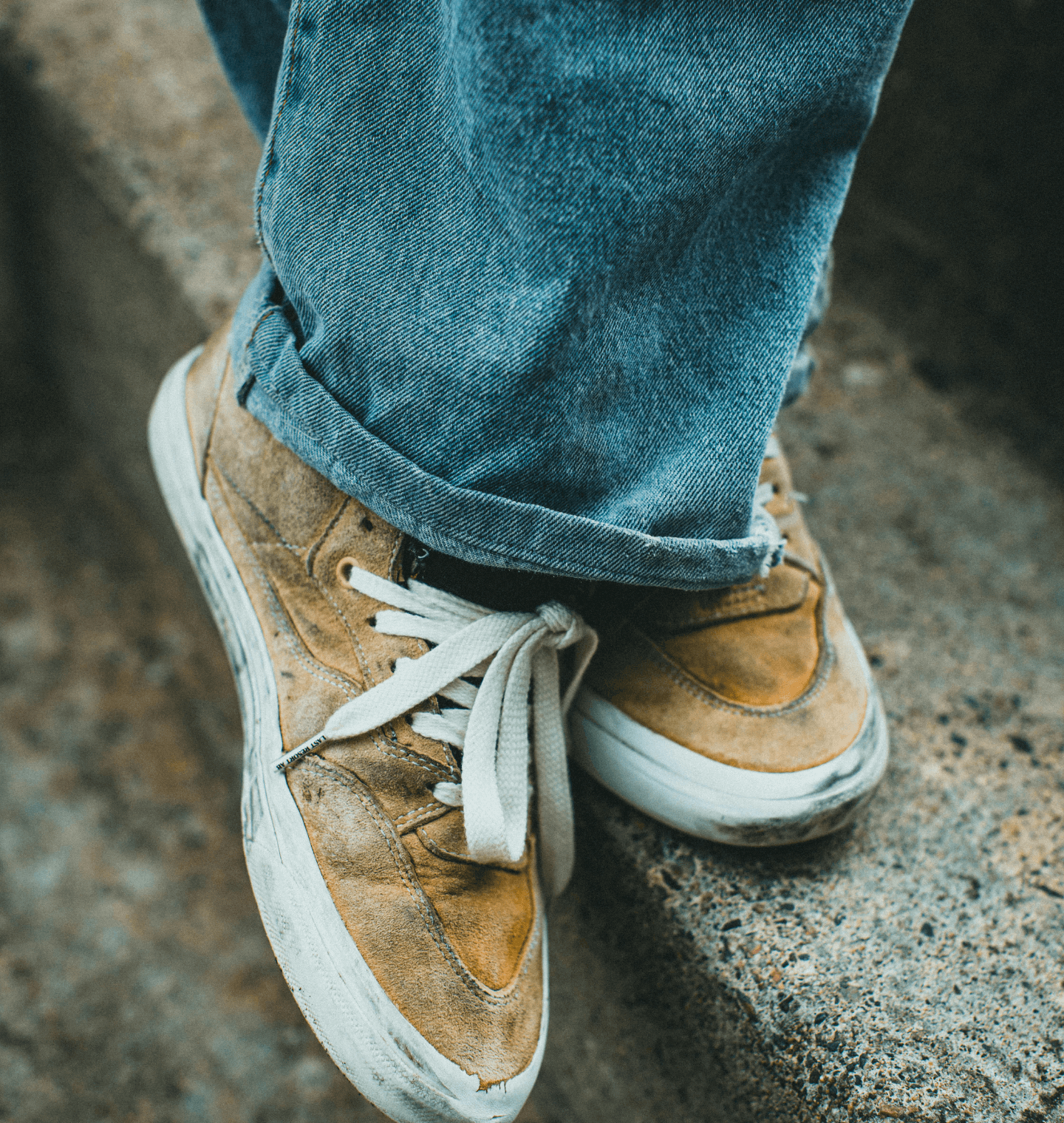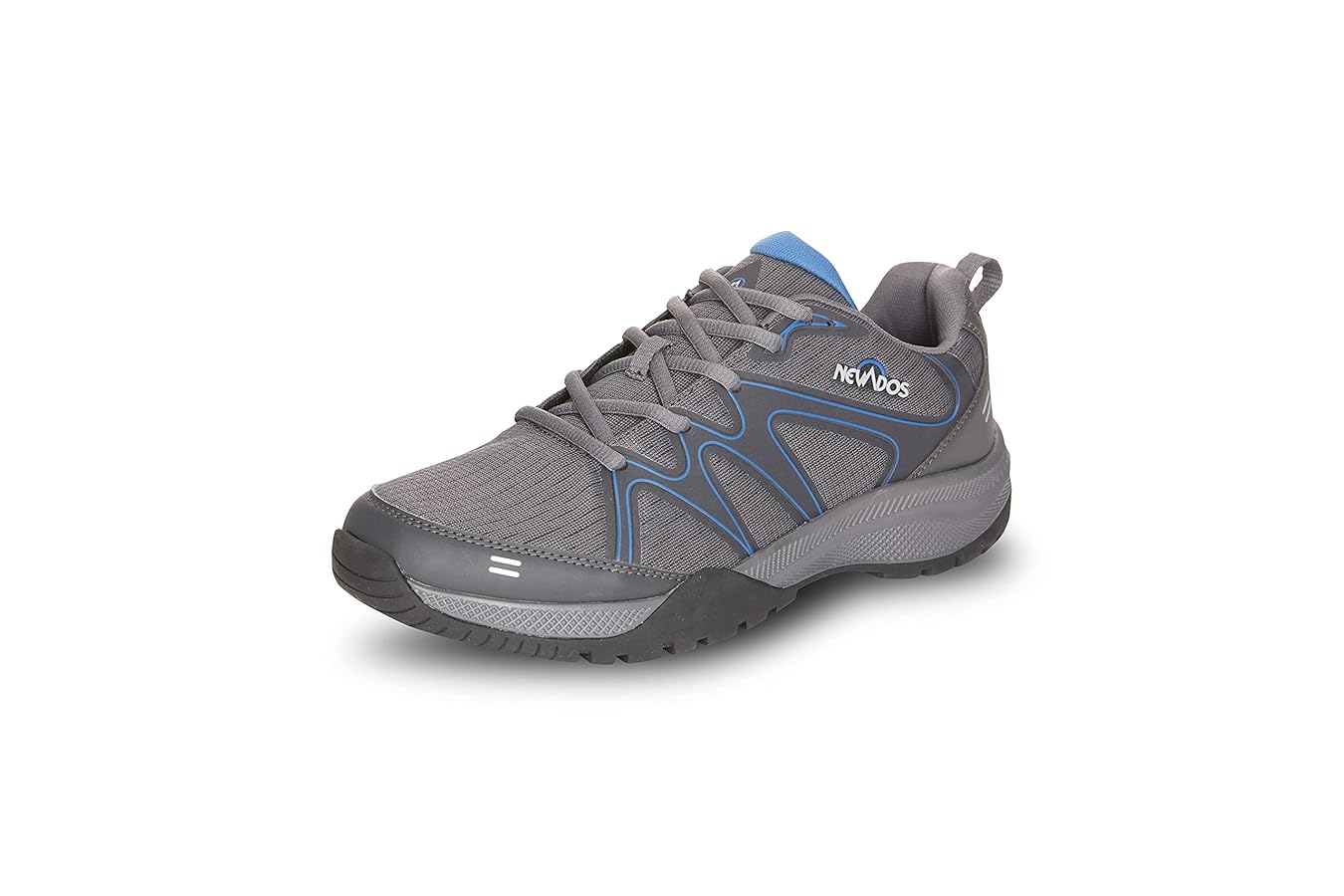Evaluating Wallace shoes requires systematic testing of key durability factors. Follow these four essential steps for rapid assessment:
Bend Test for Sole Flexibility
Forcefully bend the shoe toe upward. Quality construction allows moderate flexion without creasing the midsole deeply. Rigid resistance often indicates poorer rubber compounds.
Stitch Inspection Under Stress Points
Check tension at critical junctions:

- Heel Counter: Pull counter backwards; stitches shouldn't loosen or gap.
- Toebox Cap: Flex toe area; examine join between upper and sole.
- Eyelets: Tug gently; threads must remain tight against material.
Consistent stitch density prevents premature failure.
Outsole Abrasion Resistance
Firmly rub a key or coin edge across non-critical outsole sections:
- Light marks are acceptable.
- Deep gouging or excessive material loss indicates low-density rubber.
Prioritize high-wear zones like lateral forefoot and heel edges.

Torsional Stability Check
Grip toe and heel, then twist the shoe opposite directions. Midfoot should maintain resistance:
- Excessive twisting compromises support longevity.
- Minimal flex at the arch indicates robust midsole/plate design.
Functional footwear should resist collapsing under torsional force.
Pro Tip: Perform tests pre-purchase when possible. Consistent results across both shoes indicate quality control adherence. Document any discrepancies for warranty claims.








